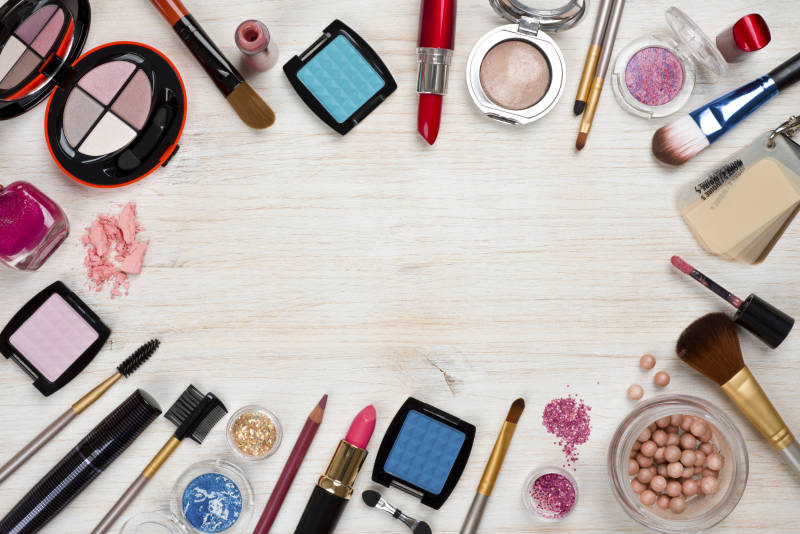Lead author Kim Harley, associate director of UC Berkeley's Center for Environmental Research and Children's Health, said this type of approach had never been studied before.
"We hoped that if we changed to lower-chemical products, we would see significant reductions," Harley said. "So that was positive for us, that we found that you really could reduce your exposure to these chemicals through these changes."
The study was published in the journal Environmental Health Perspectives.
Harley said there's "a lot we don't know yet" about the effects of these chemicals in the human body, but some human research shows "they are associated with neurodevelopment problems in children, respiratory problems like asthma in children and obesity problems."
The reason the study was done on teenage girls is because they tend to use more personal care products than adult women and because adolescence may be a time of particular risk.
"Adolescence is a time of rapid growth and development," Harley said. "It's physical growth, reproductive development, brain development, all happening in adolescence."
There is no identified safe level of the four chemicals, Harley said.
Limited FDA Authority
While the Food and Drug Administration is responsible for regulating cosmetic products, their authority over these products is different than it is with drugs. Specifically, there is no "pre-market" approval. Instead, the FDA says on its website, "Companies and individuals who manufacture or market cosmetics have a legal responsibility to ensure the safety of their products."
Teens Helped Design Study
To find products that were free of the four chemicals, the researchers referred to consumer resources, including the Environmental Working Group's SkinDeep Cosmetics Database.
The UC Berkeley and Clinica de Salud researchers worked in tandem with a team of teen members of the CHAMACOS Youth Community Council, a leadership training program for Salinas high school students. The student leaders helped design the study.
Maritza Cardenas, a former council member, is an author of the study.
“Looking back, in such a short period of time" using products that did not have the four chemicals in them, Cardenas said, "and to realize that made such a big difference to hormone-disrupting levels in my body, was really amazing.”
Cardenas worked on the study between her junior and senior year of high school. Now she is a junior majoring in molecular and cell biology at UC Berkeley. She said she remains conscious of what she's buying, although "some of the products that might be more natural or organic might be a little more expensive.”
University researchers designing a study in coordination with teenagers is unusual. But the hope was to engage the students in public health education. The youth council included many teens from immigrant families.
“It was a great way for us to cross cultural barriers and language barriers by first educating the teenagers and then having them go home and educate their families,” Cardenas said.
While research is thin and cannot show the health benefits of switching to low-chemical products, Harley said the natural levels of hormones in the human body act at very low level, "at a parts per billion level."
Any additional chemicals -- in this case, from personal care products -- "can act on very low levels also," she said. "So it seems like things we can do to reduce the levels of the hormone-disrupting chemicals ... can potentially help our health in the long term."
A recent poll showed that 70 percent of likely voters believe the government should be responsible for making sure chemicals in personal care products are safe. Senators Dianne Feinstein, D-California, and Susan Collins, R-Maine, have introduced bipartisan legislation to give the FDA more authority over regulating personal care products.
